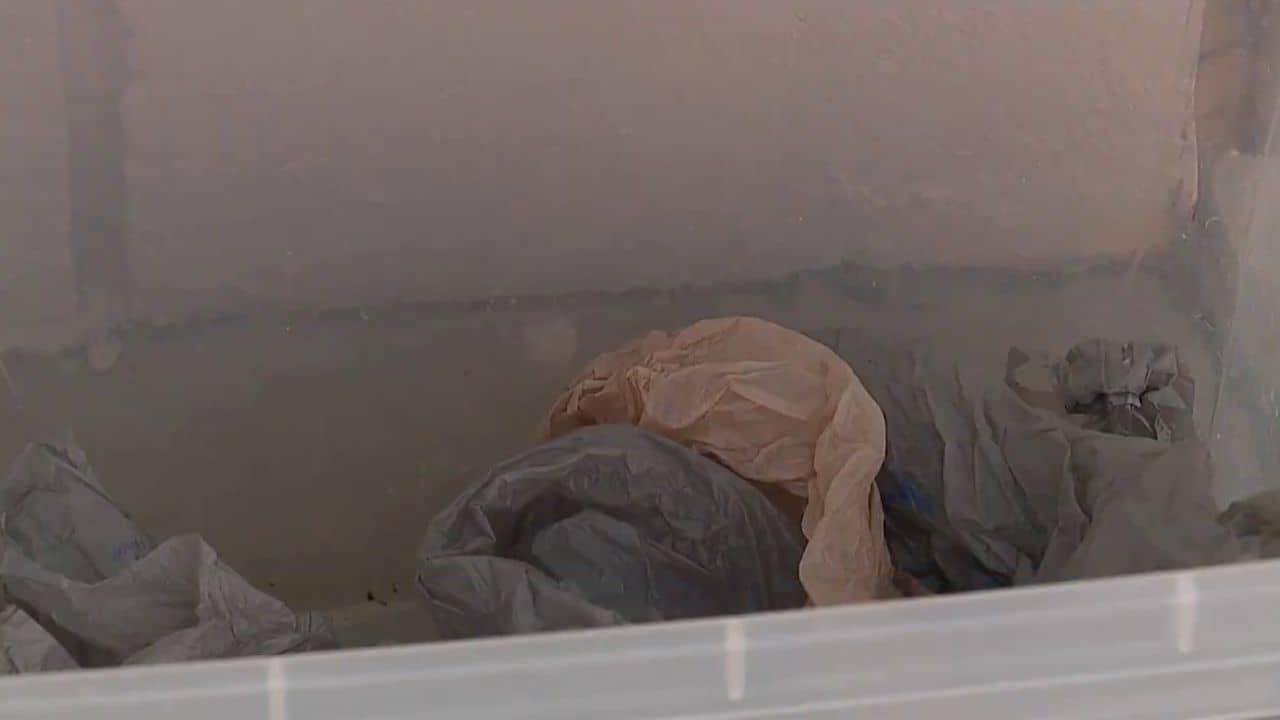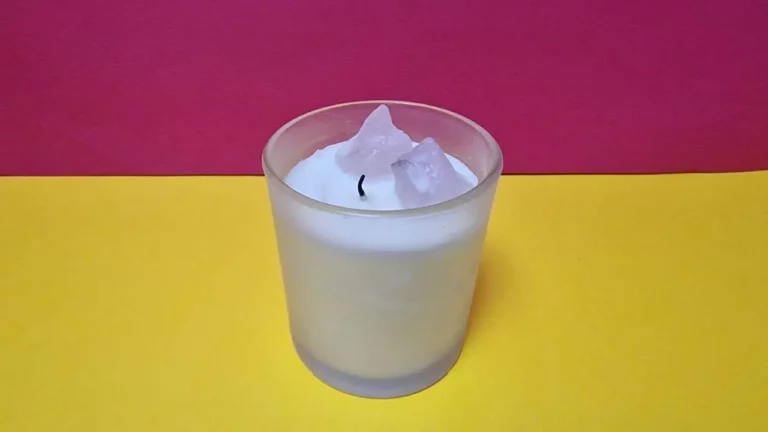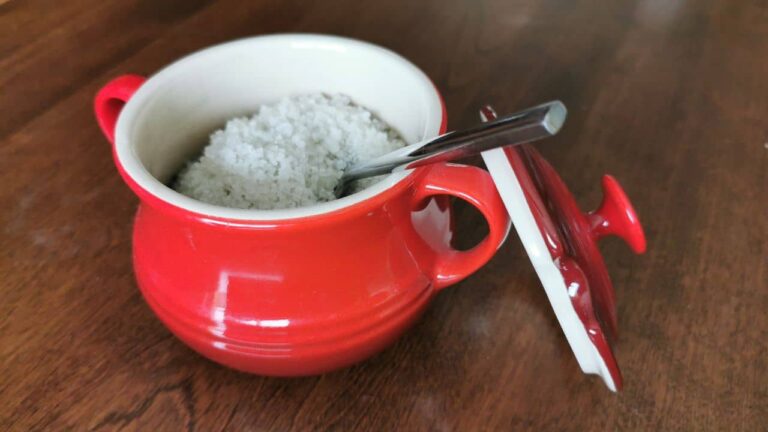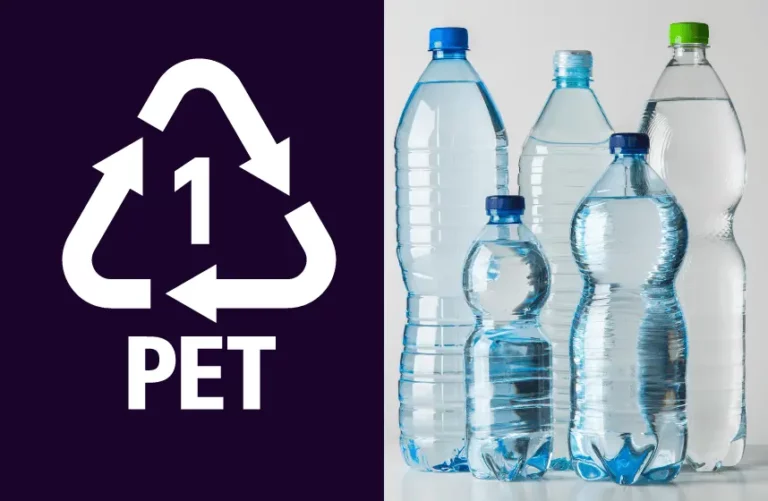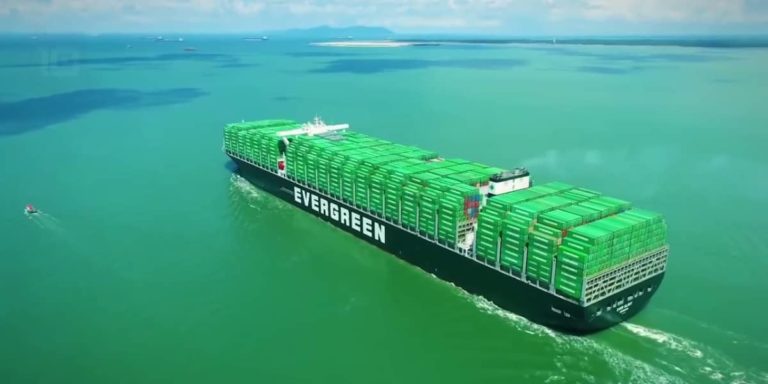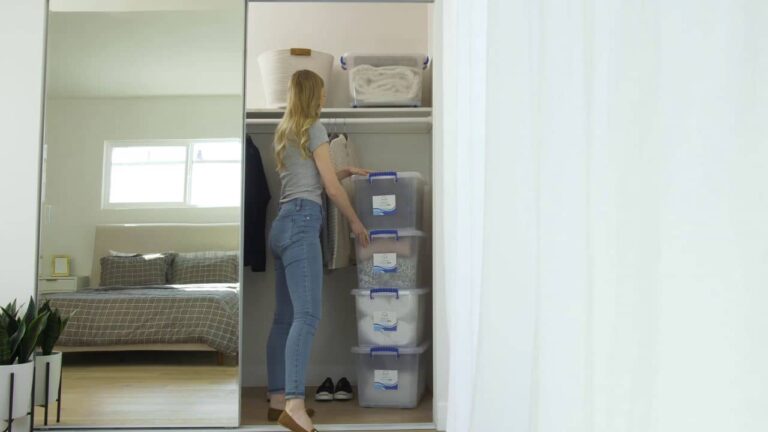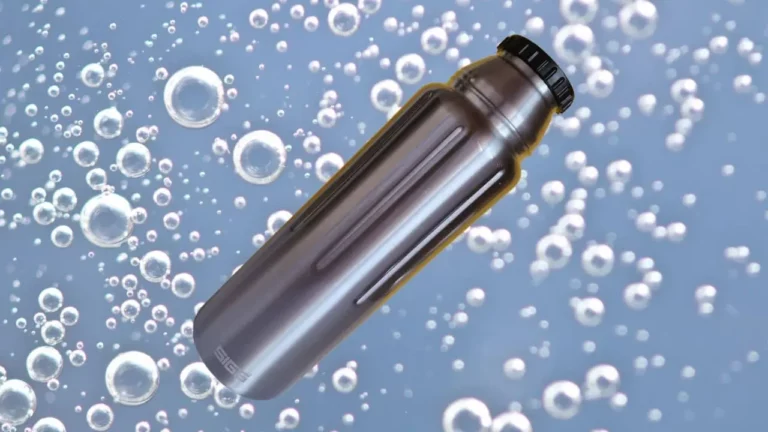Can I Put Plastic Bags in My Recycling Bin? (Answered)
Are you unsure as to whether you can put plastic bags in a recycling bin? When I started recycling, I had similar questions in my mind. With all the myths and misinformation surrounding recycling, I decided to finally put these misunderstandings to rest.
No, you should never put plastic bags in a curbside recycling bin. Plastic bags have their own recycling bins that can be found at the entrance of most large supermarkets and retail stores. As such, always leave all your recycling material such as cans, containers, newspapers, bottles, etc. clean, dry, and separately (not in any plastic bag or boxes).
However, with that being said, there is a lot more to recycling correctly than simply not putting plastic bags in a recycling bin. To learn more about how you can ensure you are doing your part when it comes to saving our planet read on!
Why Can’t I Put Plastic Bags in My Recycling Bin?
Not all plastic is recyclable. In fact, plastic bags are the number one cause of congestion, shutdowns, stoppages, and heavy maintenance costs faced by local recycling plants worldwide. This is because your local waste management company doesn’t have the specialized equipment needed to break down the type of plastic that plastic bags are made from.
This makes plastic bags much harder to recycle and a lot more expensive- beyond the scope of most community material recovery facilities can handle.
That doesn’t mean you can’t recycle plastic bags though. There are specific places where plastic bags can be dropped off for recycling. Many big box retail stores and supermarkets, for example, will often have large recycling bins specifically for plastic bags.
However, for your curbside recycling bin, plastic bags are off the table.
How To Correctly Dispose of Your Recyclables?
Knowing what can be recycled and what can’t is one thing, disposing of these items properly is quite another.
When disposing of your recyclables make sure you follow this easy step-by-step process. Doing so will ensure that all your recycling material gets sorted correctly and nothing ends up in the landfill.
1 – Clean your recyclables
When you put items in the recycling bin you should first make sure they are clean. A simple rinse would suffice. Organic materials left inside bottles and containers can contaminate the quality of recycling materials you are putting in your bin. This can then further contaminate recycling materials in lorries and at the sorting plant.
Recyclables that are covered in food or liquid can not be recycled. Thus, always make sure you clean these items before tossing them in your recycle bin.
2 – Let them dry
Once you have rinsed and cleaned your recyclables make sure you let them dry. Also, always ensure that you close the lid of your curbside recycling bin after you are done putting your items in. The last thing you want is for the rain to get inside and make all that recyclable cardboard and paper soggy and wet.
Wet cardboard, paper, and even glass can not be recyclable. Thus, you need to be careful and make sure that these items stay nice and dry.
3 – Dispose of items separately
Recycling material should always be disposed of individually and not wrapped up in plastic bags or boxes. Whether it is glass bottles, cardboard, paper, plastic containers, etc. each has to be disposed of individually without putting them all in one giant plastic bag.
What Can I Put in My Recycling Bin?
One of the most common items that shouldn’t be placed in a recycling bin are plastic bags. However, there are plenty of other culprits out there that can clog up sorting equipment, or worse, cause all your recyclables to end up in landfills.
To make life easier for us all, I decided to create a table that lets you know exactly what can be included in your recycling bin and what is simply a no-no!
| Category | What Can Be Included | What Can’t Be Included |
|---|---|---|
| Paper & Cardboard | Newspapers, cereal boxes, egg crates, books, directories, mail, magazines, flyers, catalogs | Paper towels, shredded paper |
| Glass (Bottles & Jars) | Beer bottles, wine bottles, jam jars, sauce jars | Pyrex, crockery, drinking glasses |
| Plastic Bottles & Containers | Milk containers, cosmetic tubs/tubes/bottles, ready meal pots/tubs/trays, plastic container lids, fruit juice cartons | Plastic bags, plastic toys, plastic furniture, plant pots, seed trays |
| Metal Cans & Aerosols | All types of food and beverage cans, empty aerosols (deodorants, hairspray, etc.) | Batteries, electrical items |
| Packaging | Tin foil, clean takeaway containers | Crisp/biscuit packets, pet food pouches |
This table is just a helpful guide. Remember, most local authorities will have their own rules regarding what can and can not be included in curbside recycling bins. As such, it is always best to do a quick online search to find out exactly what is recyclable and what isn’t in your region, town, or state (e.g., Arizona).
The aim of this table is to help reduce what one calls ‘wish cycling’. This is a term used to describe an instance where one includes an item with their other recyclables even though they are unsure if it belongs there.
This is done in the hopes that the recycling sorting machine will figure it out so “I don’t have to”. Please refrain from such practices at all costs! If you are unsure if an item belongs in recycling or not it will only take a second to look up that information online.
Eliminating garbage is a global problem. It is up to each of us to do our part in recycling what we can to help reduce garbage piling up in landfills. That starts with recycling correctly!
Final Thoughts
The next time you consider tossing in some plastic bags with the rest of your recycling material, just remember that it is these plastic bags that are the sole reasons why recycling is less productive and less profitable globally.
Removing these bags from recycling plant equipment can cost millions if not billions in taxpayer money.
We all want our planet to continue to remain sustainable and healthy so as to nurture our future generations. Recycling plays a huge role in achieving that goal and it all starts with what you toss in your recycling bin!
Sources

